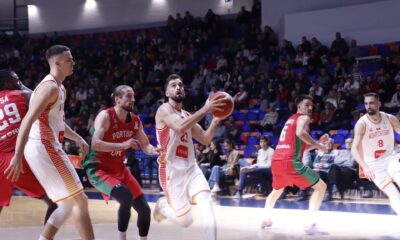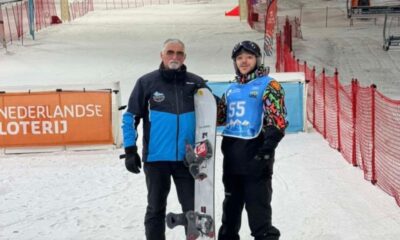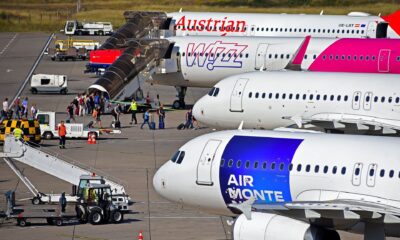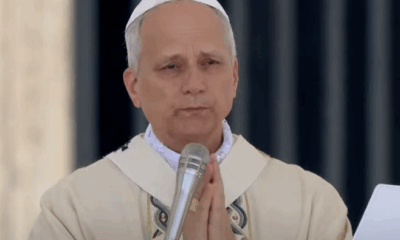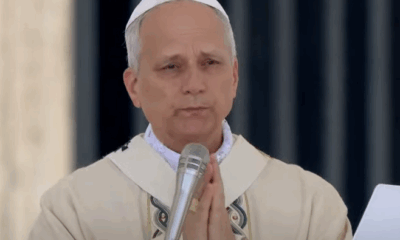Sports
Kosovo Citizens Invest Over €1 Billion in Ulcinj Real Estate
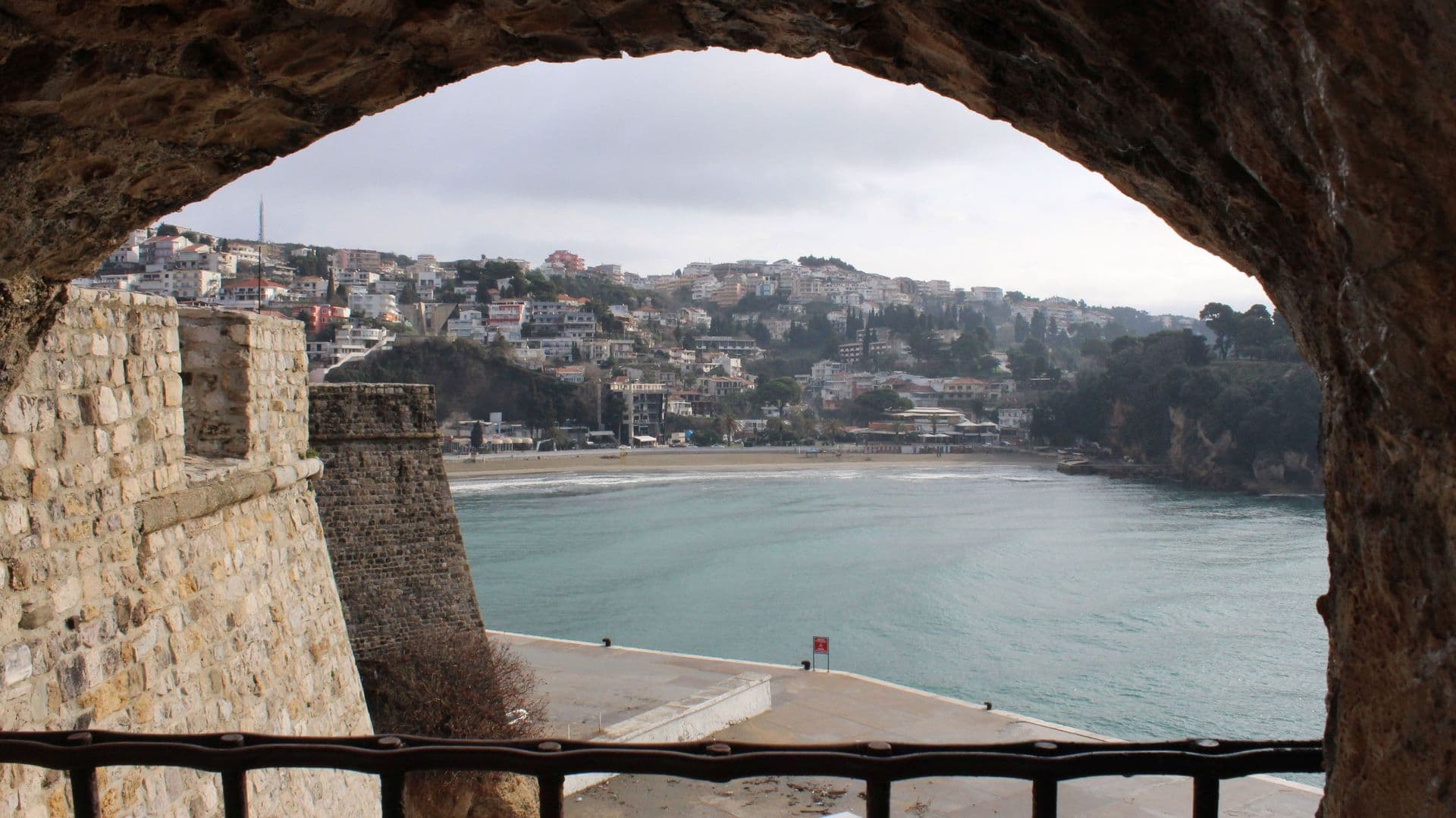
Kosovo citizens have made substantial investments in the Montenegrin coastal town of Ulcinj, purchasing real estate worth over €1 billion. This figure was highlighted by Škeljzen Rizaj, the Director of the Kosovo Tourism Center, during a recent interview. While exact statistics on tourist numbers from Kosovo to Montenegro remain elusive, Rizaj emphasized that official figures likely underestimate the actual influx of Kosovars visiting the region.
Rizaj noted that while official statistics may indicate fewer visitors from Kosovo compared to previous years, the reality suggests otherwise. He explained, “Many Kosovars have purchased apartments and other properties in Ulcinj. Any tourism organization lacks the technical means to track these individuals because they now reside in their own apartments.” This influx of investment underscores a deep-rooted connection between Kosovo and Montenegro, with many Ulcinj residents having studied in Kosovo, leading to strong friendships and familial ties.
Challenges and Opportunities in the Current Season
As the summer season draws to a close, Rizaj expressed concerns about the impact of regional political instability and rising living costs on tourist numbers. He mentioned that the traditional summer season began with uncertainty, compounded by unresolved issues surrounding beach leases, which left many potential visitors confused about their holiday plans.
“Tourists from Kosovo have their favorite beaches, but many were uncertain whether the facilities they frequented would remain unchanged or if new owners would take over,” Rizaj stated. He also pointed out that many visitors were taken aback by increased prices for services, accommodation, and food, not only in Montenegro but also in Albania and Croatia.
Additionally, Rizaj highlighted that many Kosovars are now exploring alternative destinations, particularly Greece, which has seen a significant uptick in visitors from Kosovo. “In just six months, around two million Kosovars have traveled to Greece for vacation. They are extremely satisfied with the lower prices compared to southern Albania and Montenegro,” he noted.
Concerns About Traffic and Accommodation
Traffic congestion in Ulcinj has also become a point of contention among tourists. Rizaj remarked that lengthy wait times, often exceeding an hour and a half to travel from city hotels to the main beach, have frustrated visitors and may deter them from returning in the future.
“People are understandably upset about the traffic situation. If it takes too long to get to the beach, many simply decide not to return,” he noted.
Rizaj expressed disappointment at the underperformance of Budva, a town known for its vibrant tourism sector. He observed that many accommodations remain empty or only partially filled, raising concerns about the broader implications for Montenegro’s tourism economy. “Budva once boasted 1,600 beds, while Ulcinj had 2,600. Now, only a few hotels in Budva have that many beds. If these capacities remain unused, it will impact the entire country,” he warned.
He also cited the example of the Hotel Mediteran, which has not achieved full occupancy despite significant renovations. “In ‘Albatros’, there are 30% fewer guests compared to last year,” Rizaj explained, attributing this trend to the disparity in pricing between contracted packages and standard rates for regular tourists.
Looking Ahead to Future Seasons
As the current season wraps up, Rizaj urged stakeholders to begin planning for the next tourism season, emphasizing the need for stability. He cautioned against the pitfalls of unpredictability, stating, “What we need is certainty, not sensationalism or unexpected turns.”
Traffic at border crossings remains another challenge, with long wait times reported at the Sukobin – Murićani crossing. Despite this, Rizaj commended the border police for their professionalism. “It’s essential to understand that they are verifying identities for security reasons,” he said.
Rizaj concluded by stressing the importance of maintaining competitive pricing to attract tourists from Kosovo. He pointed out that prices this year were approximately 50% higher than in Kosovo, which could deter future visitors.
In light of these challenges, Rizaj also mentioned potential investment opportunities in Ulcinj, particularly with figures like Mohamed Alabbar, a notable billionaire investor. He underscored the need for careful consideration of projects that could shape the future of tourism in the region.
Rizaj’s reflections serve as a reminder of the intricate relationship between Kosovo and Montenegro and the importance of addressing both challenges and opportunities to ensure a thriving tourism sector.
-

 Entertainment3 months ago
Entertainment3 months agoAnn Ming Reflects on ITV’s ‘I Fought the Law’ Drama
-

 Entertainment4 months ago
Entertainment4 months agoKate Garraway Sells £2 Million Home Amid Financial Struggles
-

 Health3 months ago
Health3 months agoKatie Price Faces New Health Concerns After Cancer Symptoms Resurface
-

 Entertainment3 months ago
Entertainment3 months agoCoronation Street’s Carl Webster Faces Trouble with New Affairs
-

 Entertainment3 months ago
Entertainment3 months agoWhere is Tinder Swindler Simon Leviev? Latest Updates Revealed
-

 World2 weeks ago
World2 weeks agoBailey Announces Heartbreaking Split from Rebecca After Reunion
-

 Entertainment2 weeks ago
Entertainment2 weeks agoCoronation Street Fans React as Todd Faces Heartbreaking Choice
-

 Entertainment4 months ago
Entertainment4 months agoMarkiplier Addresses AI Controversy During Livestream Response
-

 Science1 month ago
Science1 month agoBrian Cox Addresses Claims of Alien Probe in 3I/ATLAS Discovery
-

 Health5 months ago
Health5 months agoCarol Vorderman Reflects on Health Scare and Family Support
-

 Entertainment4 months ago
Entertainment4 months agoKim Cattrall Posts Cryptic Message After HBO’s Sequel Cancellation
-

 Entertainment3 months ago
Entertainment3 months agoOlivia Attwood Opens Up About Fallout with Former Best Friend

